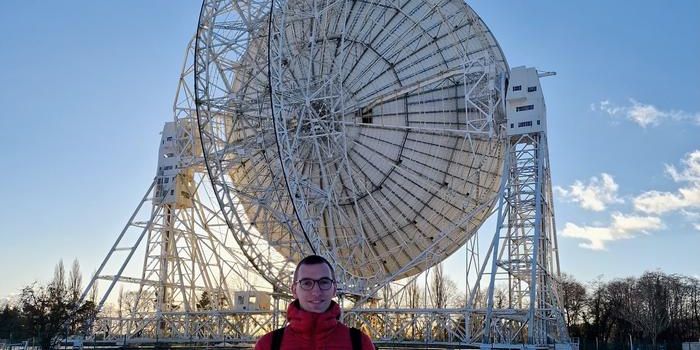AI Framework Identifies Early Signs of Alzheimer's
Warning signs for Alzheimer's disease (AD) can begin in the brain years before the first symptoms appear. Spotting these clues may allow for lifestyle changes that could possibly delay the disease's destruction of the brain.
Learn more about Alzheimer’s disease (AD):
Signs for Alzheimer’s disease (AD) begin way early before symptoms begin to be recognizable. Spotting these warning signs can delay the brain's deterioration.
"Improving the diagnostic accuracy of Alzheimer's disease is an important clinical goal. If we are able to increase the diagnostic accuracy of the models in ways that can leverage existing data such as MRI scans, then that can be hugely beneficial," explained corresponding author Vijaya B. Kolachalama, PhD, assistant professor of medicine at Boston University School of Medicine (BUSM).
The use of advanced AI (artificial intelligence) in disease is not a foreign concept. For this study, the AI framework is based on game theory that was suitable the most for classifying Alzheimer's disease with improved accuracy. However, the quality of the MRI scan depends on the scanner instrument used.
"Our model essentially can take 1.5 Tesla scanner derived images and generate images that are of better quality and we can also use the derived images to better predict Alzheimer's disease than what we could possibly do using just 1.5 Tesla-based images alone," he added.
“This would allow us to reconstruct the earliest phases of AD, and build a more accurate model of predicting Alzheimer's disease status than would otherwise be possible using data from 1.5T scanners alone," said Kolachalama.
Findings were published in the journal Alzheimer's Research & Therapy.
Source: Science Daily









